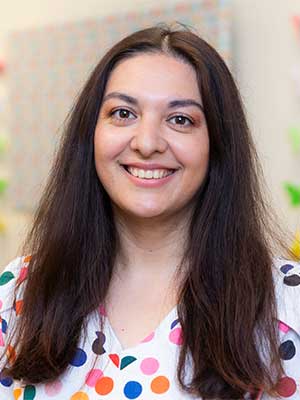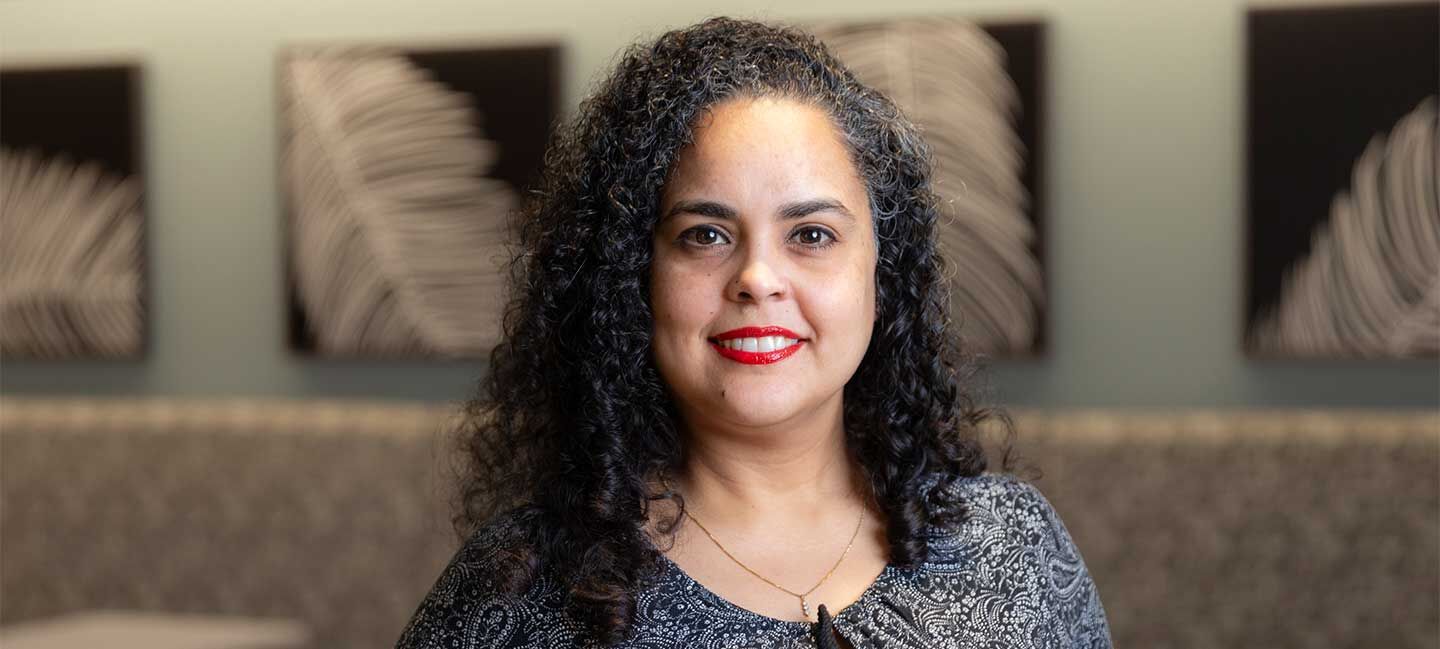Volunteers Provide Comfort and Companionship in Patients’ Final Days
When Ruth Jordan enters a patient’s room, the sun usually isn’t up yet. She has left her husband and two daughters at home in their beds. Instead of her normal morning routine, she’s risen early to sit with a stranger.
For three hours at a time, Jordan sits in vigil. She might quietly introduce herself to the patient, even if they are unconscious and no longer able to verbally respond. Sometimes she holds their hand or reads to them. Other times, she just stays close by their side. Often, she spends the time thinking of the life the patient lived, the people they loved, and those who loved them back.
“To me, it’s just about a presence, of them knowing there’s somebody here with you,” she said.
Jordan is one of 63 volunteers in Moffitt Cancer Center’s Comfort Companion program. The program mobilizes volunteers in shifts to sit with patients who are at the end of their lives and do not have family or friends close enough to stay with them in the hospital. Volunteers are trained by nurses, chaplains and social workers to provide comfort to patients in their final hours and days. They typically sit for three-hour shifts, providing 24-hour coverage as long as the patient is at Moffitt.

Anabel Peña is the volunteer services coordinator who manages the Comfort Companion program. She notes that volunteers are often driven by personal experiences.
“We’ve had vigils start and end within 30 minutes, and we’ve had vigils that lasted as long as two weeks,” said Anabel Peña, the volunteer services coordinator who manages the program. “We provide companionship to these patients as best as we can.”
Jordan was drawn to the program after her grandmother passed away in November 2022. She had been her grandmother’s caregiver in hospice. She had also experienced the loss of her grandfather and her uncle, the latter of whom had been treated at Moffitt. The impact of those end-of-life experiences was profound.
“I was going through this experience, and there was something that just touched my heart,” she said. “I felt like I could do something to help others who are going through that. Those experiences are very scary. And it’s one of those things that if you’ve never gone through it, you don’t know what to do. So I thought maybe I can bring something to the table and help be of comfort to the patient and to their family.”
Peña notes that many volunteers are driven by personal experiences. “A lot of our volunteers have had family members die alone. They hear about this program, and they feel like, ‘What I wasn’t able to do for my family member, I can provide that for someone else’s family.’”
Jordan serves as both a companion and a vigil coordinator, alerting other volunteers when a nurse or social worker activates a vigil on behalf of a patient. She takes the initial notes on the patient’s needs and preferences shared by the health care team. From there, she prompts her fellow volunteers to sign up for shifts.
As volunteers arrive for their shifts, they stop by the Volunteer Services office to pick up a Comfort Companion bag that has been put together for the patient. The bag contains a journal, which is passed from one volunteer to the next to share notes about the patient’s preferences.
“For example, the volunteer may make a note if the patient has stated that they prefer some kind of music, or maybe they don’t want any music,” Peña explained. “It’s just to make sure that if at any point the patient is no longer able to verbalize their preferences, we still have a way to know and respect their wishes.”
In addition to the journal, the volunteers’ bag is filled with items they can use to help comfort patients. They offer moist towelettes and lip balm, poems and teddy bears, sometimes just a gentle touch to let the patient know they are not alone.

For Jordan, the time she spends with patients is precious. She often volunteers for the 4 to 7 a.m. shift, before she goes in to her own job at an investment firm. At this time of day, the halls of the hospital are slow and most caregivers have left to get some rest. In these early morning hours, she brings a quiet comfort to patients. She honors the memories they hold dear and the lives they have lived.
“One of the things I think about is: Everybody has a history. Everybody has a story,” she said. “To me, sitting with them and spending that time is such a special thing. I think about: Who was this person? Whose hand did they hold? Who’s their mom, their children, their friend? Every patient is really just so special.”
For information about volunteering for the Comfort Companion program, please contact VolunteerServices@Moffitt.org.



